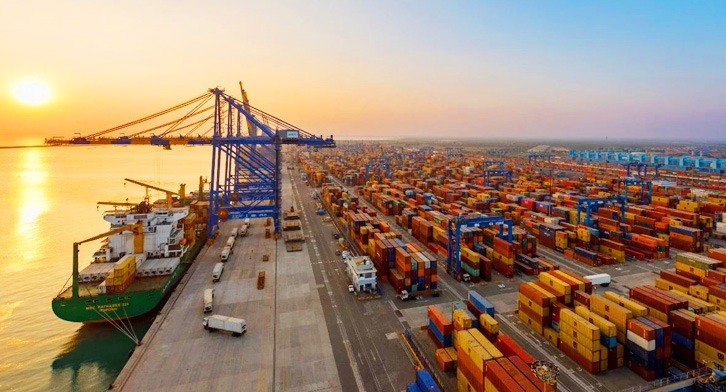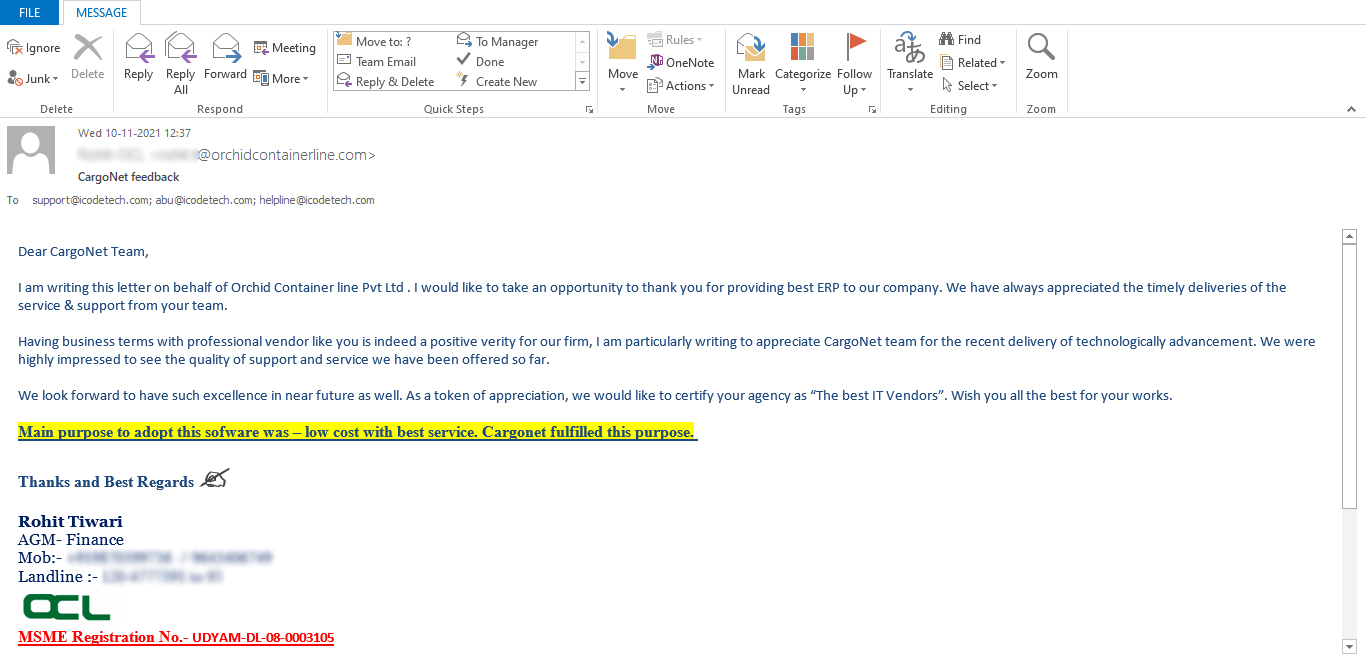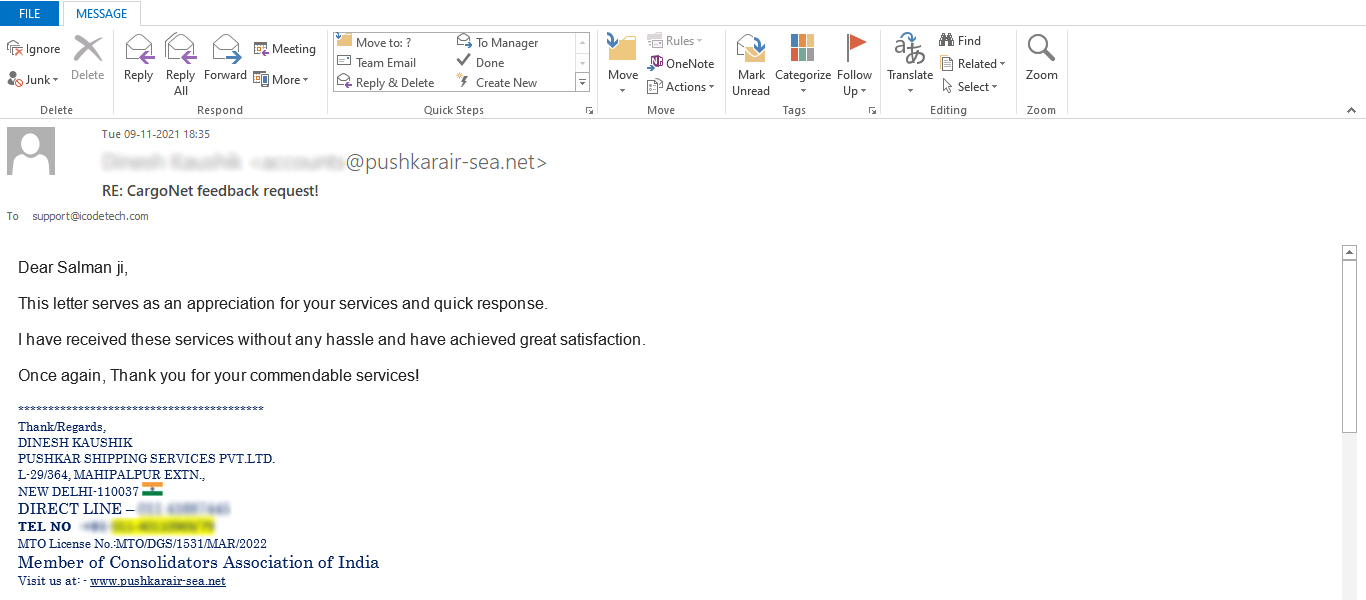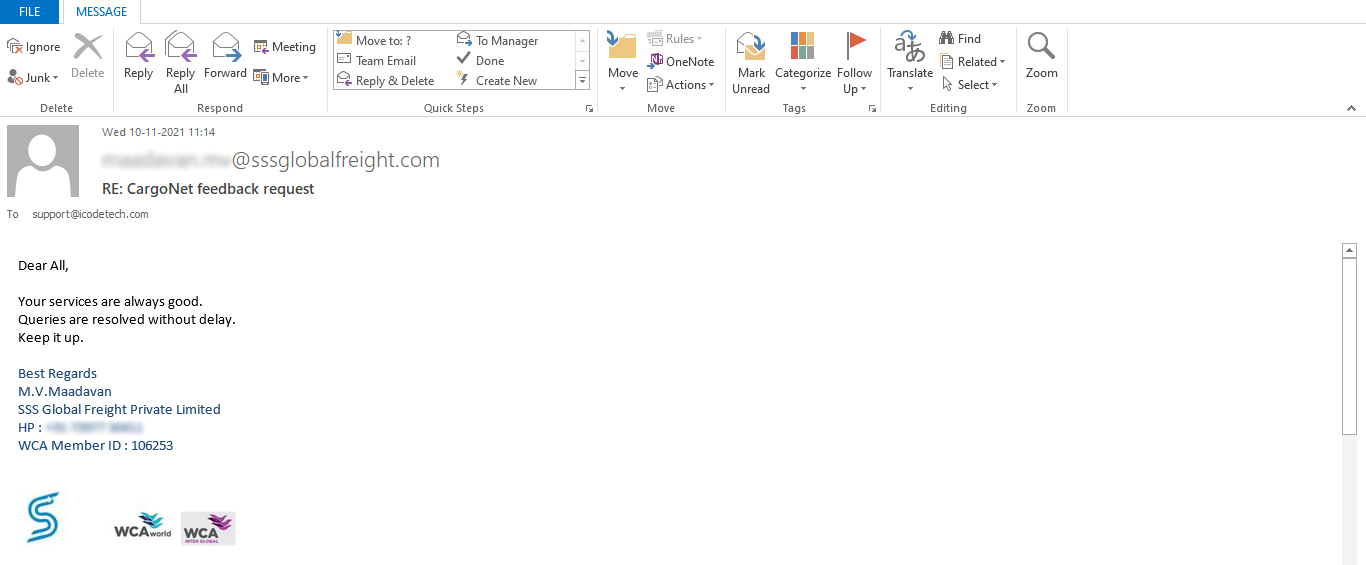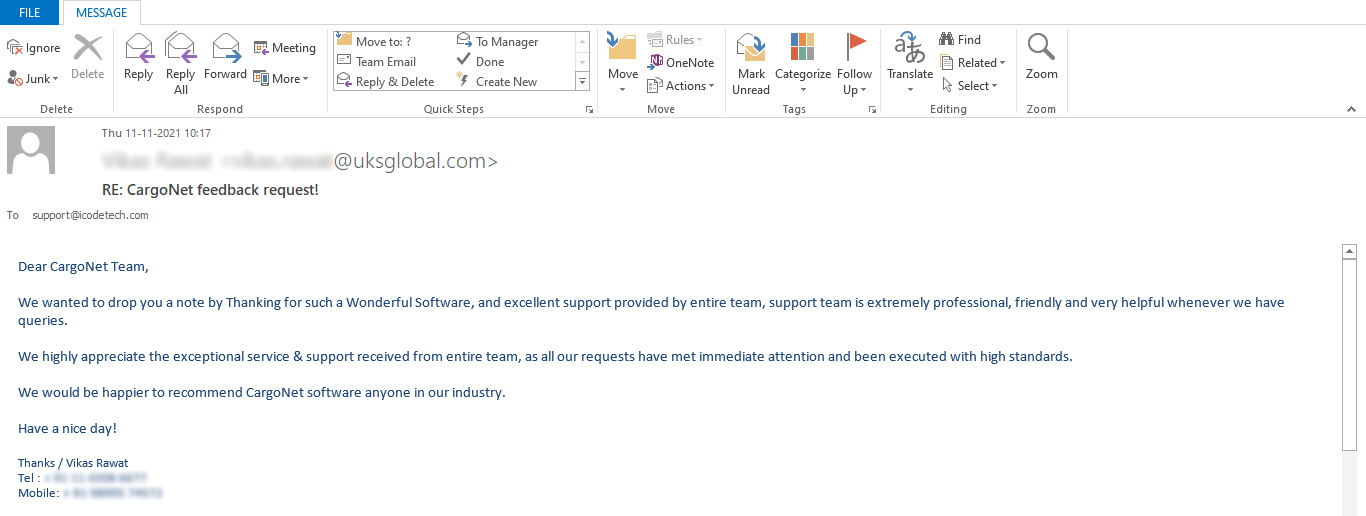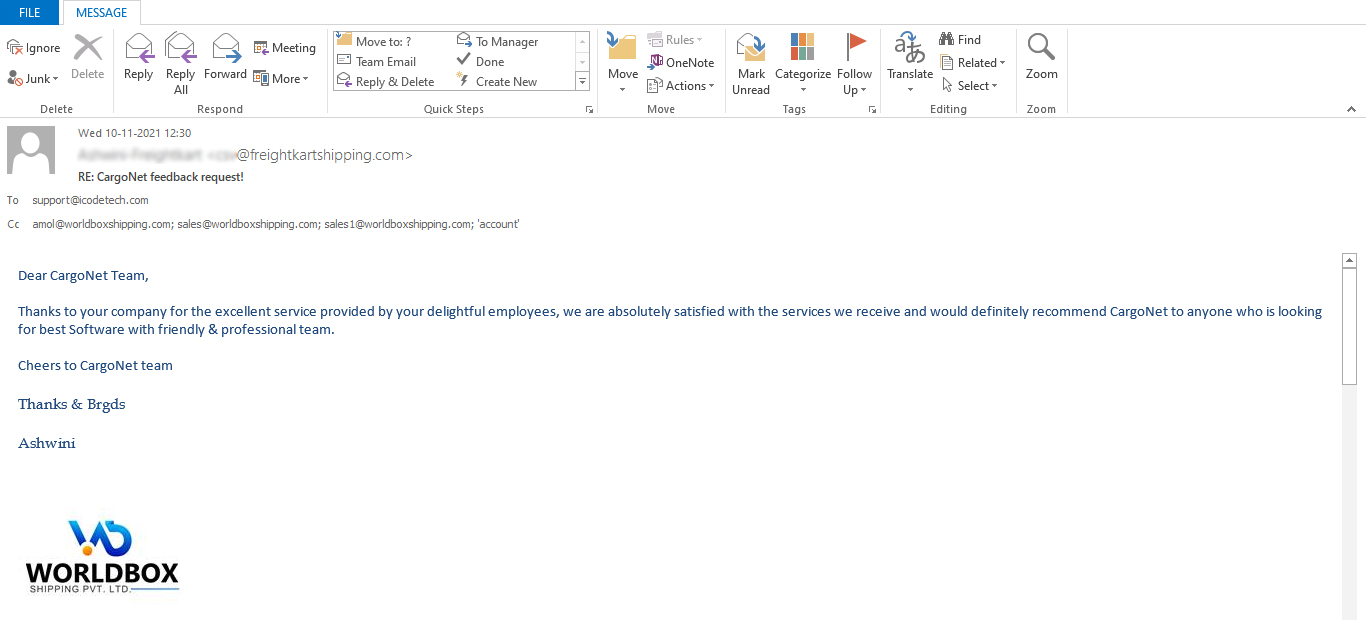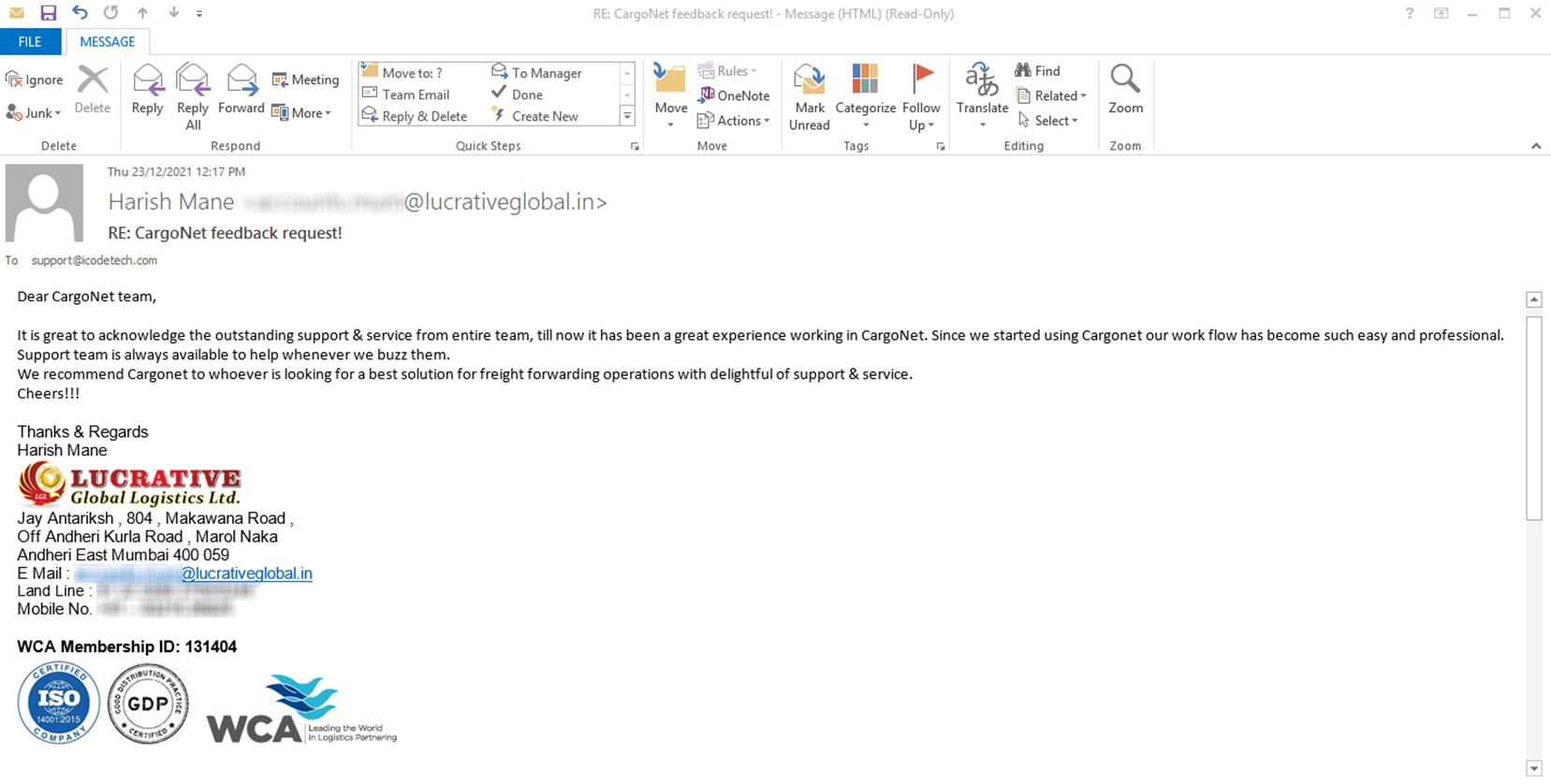India’s top private port operators — Adani Ports and SEZ (APSEZ) and JSW Infrastructure (JSW Infra) — are going full steam ahead into logistics. With fewer profitable port assets left to acquire, both players are doubling down on integrated end-to-end logistics solutions to drive growth, boost cargo volumes, and improve client revenues.
Why It Matters:
By building out inland logistics infrastructure, these companies aim to:
- Enhance cargo handling efficiency
- Offer seamless supply chain solutions
- Unlock new revenue streams through value chain integration
Adani Ports: Pushing for Integrated Transport Leadership
- Operates 132 rakes, 12 multimodal logistics parks (MMLPs), and 3M+ sq ft of warehouse space
- Owns 6,000 containers, 937 trailers, and extensive trucking fleets
- Controls 18,250 hectares of industrial land, with 1,528+ acres under development at key logistics hubs
- Goal:Become a full-fledged Integrated Transport Utility
- FY25 Logistics Revenue: ₹2,881 crore (+38.6% YoY)
- EBITDA: ₹642 crore (+18.9% YoY); Margins slipped from 26% to 22%
- Trucking revenue: ₹428 crore in FY25 — projected to triple in FY26
- Plans ₹20,000–20,500 crore capital investment by FY30 in trucks, trains, MMLPs, warehouses, and agri-silos
JSW Infra: Building a Nationwide Logistics Network
- AcquiredNavkar Corporation for ₹1,644 crore in FY25
- Eyes more acquisitions via NCLT and open market
- Currently operates 2 Gati Shakti Cargo Terminals (GCTs); plans 15–20 GCTs across India in 5 years
- Using 100 acres in Morbi (Gujarat) & Panvel (Maharashtra) for logistics expansion
- Following an asset-light model to boost capital efficiency
- FY25 Logistics Revenue: ₹250 crore; EBITDA: ₹41 crore
- Targeting 50% growth in FY26 logistics revenue
- Aims for ₹8,000 crore logistics revenue and 25% EBITDA margin by FY30
- Has set aside ₹9,000 crore for logistics investments between FY25 and FY30
Expert Take:
- Expansion into logistics is seen as a strategic next step for port operators
- Despite high capital outlay, upstream integration offers long-term value
- Risks include thin margins in the logistics business and uncertain ROI
- Analysts caution that massive capex could strain balance sheets if growth lags.


